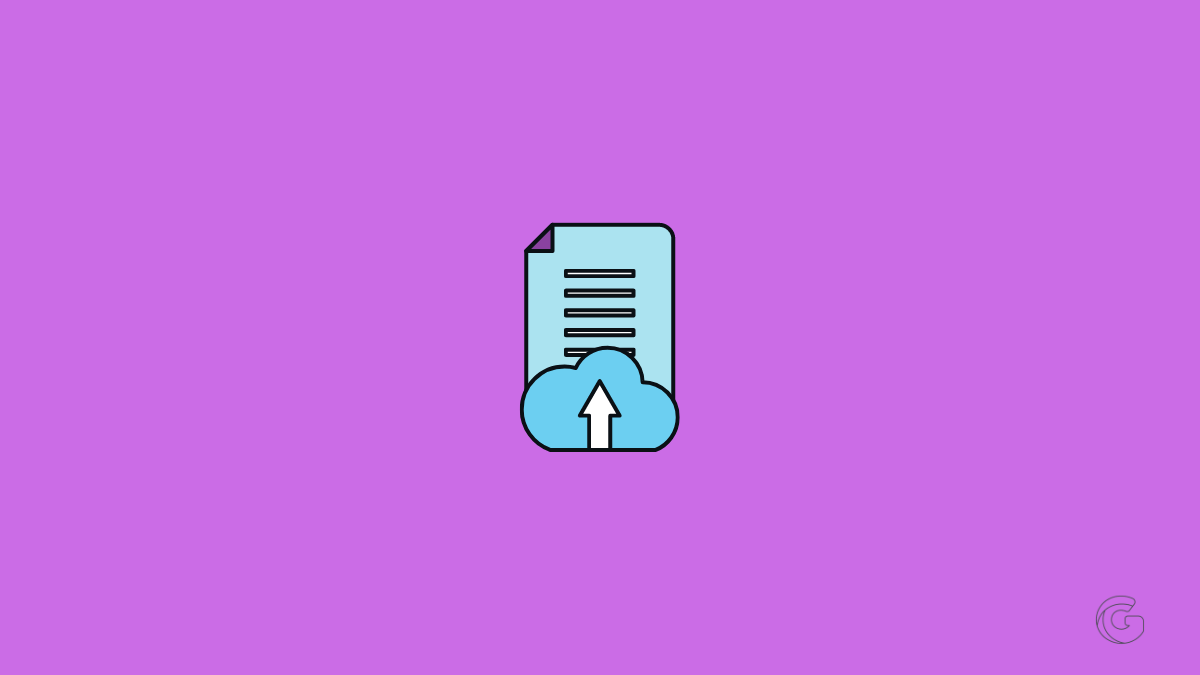Storing data in the cloud has become essential to the operation of most contemporary businesses.
There are many benefits to using cloud storage, including a significant reduction of data loss, cost-effective operation, and scalability, just to name a few.
But in order to make an informed decision about whether cloud-based solutions are truly best for one’s needs, it is important to look at the often downplayed disadvantages of cloud storage solutions.
Let’s take a look at the 10 disadvantages of choosing to store your vital data in the cloud.
1. Vulnerability
Most servers and computers that store data need an internet connection. The nature of cloud solutions inherently makes them internet-based, meaning that they are interconnected with other devices and servers.
Unless a storage sector is air-gapped (it has never been connected to the Internet), it is vulnerable to compromise. The degree to which this is the case depends heavily on the storage solution in question.
The data kept on cloud servers is vital to you or your business. But if the cloud storage provider does not use strong encryption, computer-savvy bad actors can hack and compromise that data.
2. Trust of Data
As data is vastly valuable to those who store it, there needs to be a level of trust when choosing a cloud storage provider.
While many cloud solutions providers claim to keep your data secure from hackers, they often omit the fact that they have access to it and could be selling it to other parties for marketing purposes.
3. Rely on Internet Connection
These days, if our internet service goes down, even if for an hour, our minds experience immense levels of anxiety and frustration. With the world being so internet-reliant, any service disruptions can have devastating results.
If a cloud storage provider experiences internet connection issues while the files are on redundant servers, the data synching will likely fall behind, slow down, or become temporarily unavailable.
If the internet connection is on your end, having the data saved only on the cloud will make you helpless when trying to access it.
4. Control Limitations
Once you transfer the data to the cloud, it becomes the vendor’s responsibility. That means you are at the mercy of and rely on the vendors to keep their services safe, stable, up and running, and optimally functional.
This limits the influence on data safety and accessibility almost entirely, with all the reliability being entrusted to the storage vendor.
5. Inconsistent Performance
If the cloud server provider experiences local problems or a DDOS attack, it will force it to be more problematic for you to access the data from them.
Even if the vendor is entirely prepared to deal with such a situation, they will not be able to resolve it immediately. The health of servers is also constantly in question.
In both cases the performance of storing data and retrieving it back on-demand can be inconsistent, something that would spell trouble for those who rely on access to their precious data.
6. Cost
While cloud storage solutions are typically an economically friendly option, the cloud vendor may simply not offer suitable solutions when used for short-term projects or on a relatively small scale.
For instance, if your need for storing data is for 6 months, but the vendor offers a bare minimum of 2 years, you could be on the hook for 18 more months than you need, and that is not financially viable.
7. Migration
One area of cloud storage that has evolved much more poorly than others has been the ability to migrate to another cloud solution. Therefore, this is still a very challenging situation for many clients.
If one solution is not suitable for all of your needs, you may want to port your data to another solution, though many such options are not currently available.
If such solutions are available, they could be expensive. This now requires extra cost, commonly in the form of securing a secondary cloud-storage vendor while still being locked into an agreement with the first.
8. Regulatory Compliances
Certain industries are far more limited in storing vital data in the cloud. Unfortunately, these industries often need this type of solution the most.
For instance, industries that store patient data must be wary of digital patient record security due to compliance with HIPAA (Health Insurance Portability And Accountability Act).
Financial institutions can only rely on cloud storage solutions with maximum security protections.
As regulations require certain qualifications for data security, when penalties, fines, and lawsuits are levied, they will not be against the cloud provider but your business.
9. Slower Retrieval Times
One of the best things about having data stored in-house is that by sheer proximity, the retrieval of the data will be faster. When you store data in the cloud, its access is more time-consuming.
While the difference in speed might be negligible for some tasks, when retrieving data quickly is crucial, even a slight delay can become a major issue.
10. Minimal Support
Every user and business has unique needs and particulars, so even when working with an intuitive, quick, and secure cloud solution, issues can arise.
One of the biggest issues is that cloud storage support is significantly lacking. Many vendors don’t have expert live staff standing by 24/7, and they rely on automated online assistants, knowledge base articles, and FAQs.
This can become a dull, time-consuming, and frustrating experience for users with little technical knowledge.
Conclusion
The disadvantages of cloud storage solutions aren’t that concerning, but it is important to know and understand the risks and drawbacks.
The decision on whether to use cloud storage solutions and which ones to work with really comes down to the nature of use and the particular needs one needs from the service.
Therefore, you should conduct extensive research and review any cloud storage services before you use them.
